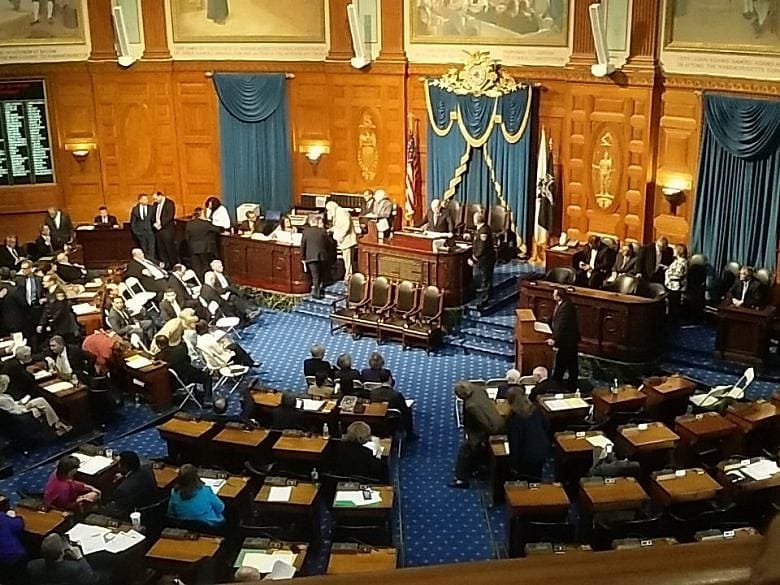‘Millionaire’s tax’ wins key vote on Beacon Hill

BOSTON – It wasn't a question of "if" but rather "how" lawmakers on Beacon Hill would advance the "millionaire's tax" proposal, a measure that calls for altering the state Constitution's flat tax to smack a surcharge on the commonwealth's highest earners.
Needing just a combined 50 votes from the Senate and House of Representatives to move forward, the proposed ballot question breezed through the Legislature's Constitutional Convention Wednesday, passing by 135 yeas to 57 nays. The Senate voted for the measure 33-7 while it won 102-50 among House members.

